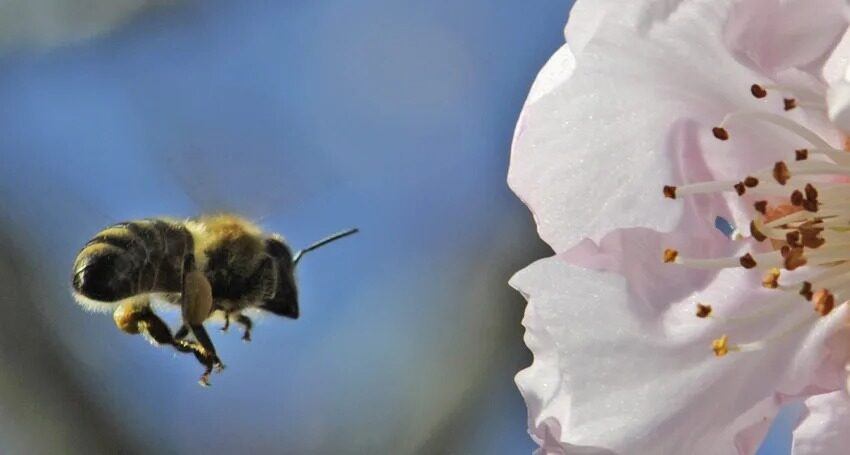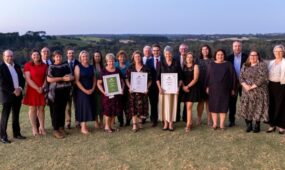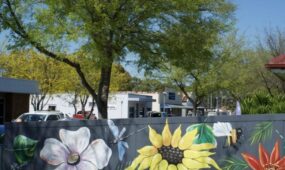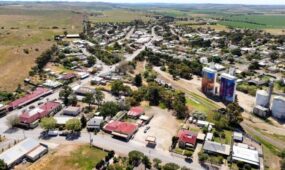Bee shortage buzz in SA almond orchards
Regional
Almond growers are anxiously scrutinising the impact of a bee shortage that hit orchards during their crucial pollination period last August – as harvest starts across the state this week.

Sign up to receive notifications about new stories in this category.
Thank you for subscribing to story notifications.

Almond Board of Australia chief executive Tim Jackson said a ban on New South Wales hives crossing the border into South Australia after the deadly parasite varroa mite was discovered among bees last year triggered a shortage of about 15 per cent of hives arriving in orchards.
“Almond trees are one hundred per cent reliant on bees to produce as there are male and female trees,” Jackson said, adding that hives were shifted to orchards when trees blossomed in August for three to four weeks.
“We don’t know how this has affected the crop this season but harvest is starting this week and the proof will be in the pudding.”
Beehive shortages are yet another challenge for growers already struggling with lower global almond prices linked to supply chain issues over the past few years and grappling with higher input costs.
This now includes the cost of in-demand hives skyrocketing, with NSW border restrictions still in place. It cost about $30 to secure a hive for pollination about 15 years ago, but Jackson said the price is now hovering around $200 a hive this year.
Jackson said there are now 3.5 million almond trees planted in South Australia “and if you need five to six hives per hectare and you have 1000 hectares of trees you can imagine that is a lot of money”.
He said with New South Wales bees still in lockdown, the Almond Board is working to explore global research into pollination alternatives to hives including projects exploring ways to introduce artificial pollination.
“There’s talk of a lot of things including electronic bees and spraying,” Jackson said, adding that at a bee congress in Sydney recently he learned about ground-breaking research where tiny cameras are being installed inside hives to record pollen movement by individual bees as part of the process.
Despite the challenges, almonds are continuing to be a growth industry, Jackson said, with new orchards still being planted across the state including around the townships of Lyrup and Monash in the Riverland.
In 2000, there were 3,500 hectares of almonds planted across Australia and last year that had grown to 60,500ha, the industry contributing $220 million to the South Australian economy and about 1100 jobs mainly from the almond heartlands of the Riverland and Adelaide Plains.
There is also no let-up in demand for the non-perishable health product which can be eaten as a snack, used as milk or as a base to make bread.
One of the nation’s largest processors, Almondco in the Riverland, has recently completed a $36 million expansion at its site including a new processing facility and warehouse, in time for the start of the harvest season.
The expansion is expected to create 25 new jobs and help the co-operative to process more than 50,000 tonnes of almonds per year by 2025.
More than 150 growers supply Almondco across four growing districts – the Riverina, NSW, the Murray Valley, between Swan Hill and Mildura, the Riverland of South Australia, Northern Adelaide Plains and the Swan Region in Western Australia.
Jackson said South Australia is the birthplace of the almond industry in Australia with the first trees planted on Kangaroo Island.
Orchards were then planted in Willunga and later around Renmark, before the growth horticulture industry spread to other states.
Jump to next article




